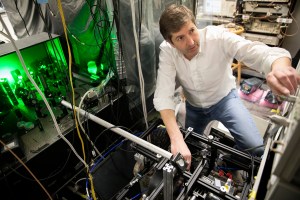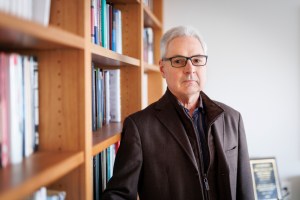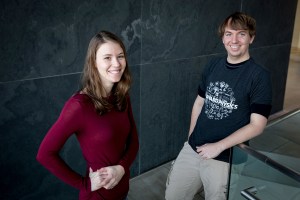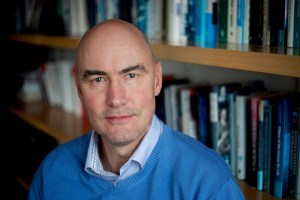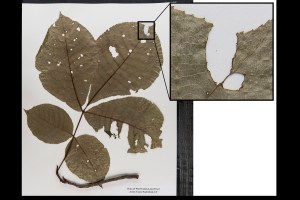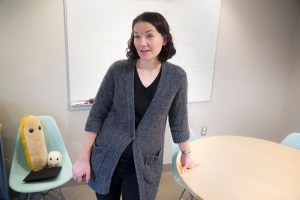Tag: Peter Reuell
-
Work & Economy
Racial and economic disparities intertwined, study finds
While African-Americans have moved to higher ranks on the income distribution scale in the decades since the Civil Rights Movement, those improvements have largely been blunted by rapid income growth for the richest members of society and income stagnation among lower- and middle-income families.
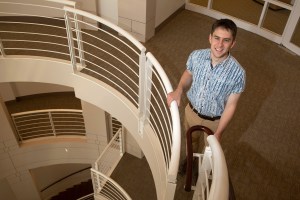
-
Science & Tech
Breaking down backbones
Harvard scientists are using the fossil record and a close examination of the vertebrae of thousands of modern animals to understand how and when specialized regions in the spines of mammals developed.
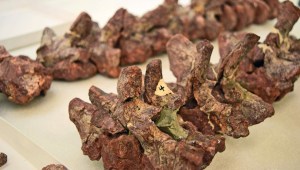
-
Campus & Community
Imaging leap rewarded with $3M
Harvard Professor Xiaowei Zhuang has been named the recipient of the 2019 Breakthrough Prize in Life Sciences in recognition of her pioneering work in the development of super-resolution microscopy techniques.
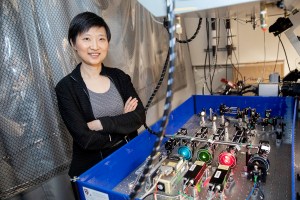
-
Campus & Community
New faculty: Lauren Williams
The Gazette sits down with Lauren Williams, the second woman to be tenured in Harvard’s Math Department and the Seaver Professor at the Radcliffe Institute.
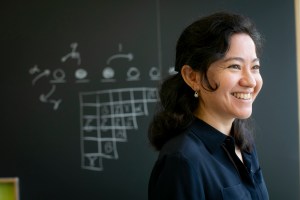
-
Science & Tech
Pitcher plants build own communities
Harvard research has shown that the “miniature ecosystems” housed in pitcher plants from opposite sides of the world are strikingly similar, suggesting that there may be something about the plants themselves that drives the formation of those communities.
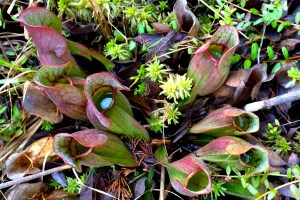
-
Arts & Culture
Dancing with the future
A multimedia production incorporates dance, music, and spoken word to explore how humans might cooperate with future generations to try to solve problems like climate change. “Dancing with the Future” will premiere at Farkas Hall on Sept. 25.
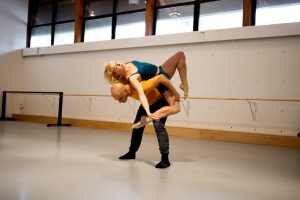
-
Science & Tech
For teens who feel it all, a research-backed explanation
When teenagers seem to be experiencing conflicting emotions at the same time and struggling to make sense of them all, it may be because they are.

-
Science & Tech
You say John, I say Paul. But what does stylometry say?
Who wrote “In My Life,” John or Paul? Harvard statistician Mark Glickman helps provide research-backed answer on authorship of Beatles classic.
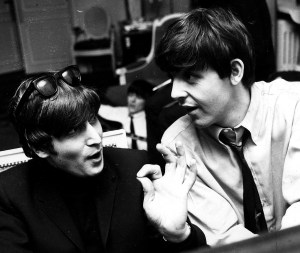
-
Science & Tech
Examining aftershocks with AI
Sparked by a suggestion from researchers at Google, Harvard scientists are using artificial intelligence technology to analyze a database of earthquakes from around the world in an effort to predict where aftershocks might occur. Using deep-learning algorithms, they developed a system that, while still imprecise, was able to forecast aftershocks significantly better than random assignment.
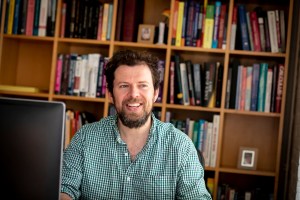
-
Science & Tech
Movement monitor
A team of researchers from the Rowland Institute at Harvard, Harvard University, and the University of Tübingen is turning to artificial intelligence technology to make it far easier than ever before to track animals’ movements in the lab.
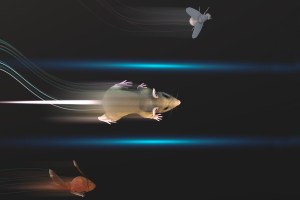
-
Science & Tech
Tracking rivers to read ancient glaciers
In a new study, Harvard researchers say they may be able to estimate how glaciers moved by examining how the weight of the ice sheet altered topography and led to changes in the course of rivers. The study is described in a paper published in Geology.
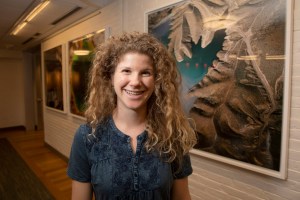
-
Science & Tech
Solving the problem of the calculus whiz
New Harvard research challenges conventional wisdom on what it takes to excel in calculus.
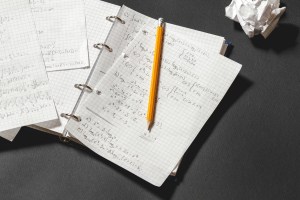
-
Science & Tech
Deep into the wild
Researchers used “deep learning” to identify images captured by motion-sensing cameras.
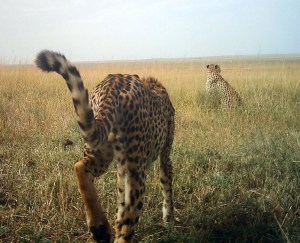
-
Science & Tech
Game-changing game changes
Games that can change based on players’ actions help Harvard’s Martin Nowak and his fellow researchers to understand the evolution of cooperation.
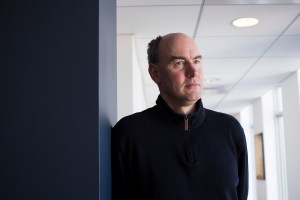
-
Science & Tech
Personality pressure
Harvard researchers demonstrated a link between individual variation in risk-taking behavior and survival of animals in changing environments.

-
Arts & Culture
Declaration of authenticity
Researchers, including Harvard’s Emily Sneff and Danielle Allen, have learned much more about a Colonial-era copy of the Declaration of Independence.

-
Science & Tech
How to feel the heat
A team of researchers was able to show how sensory neurons in the face detect temperature, and how this information is later passed on to the hindbrain of zebrafish, where it is processed to produce behavior.
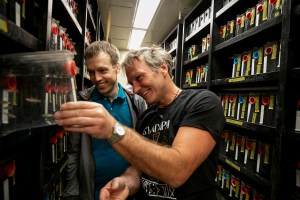
-
Health
When wandering minds are just fine
While most of the psychological literature calls mind wandering a detrimental “failure of executive control” or a “dysfunctional cognitive state,” a new study led by Paul Seli, a Banting Postdoctoral Fellow working in the lab of Dan Schacter, suggests that in some cases there’s no harm in it.

-
Campus & Community
Leveling the playing field
Often, getting into college and paying for it are two very different challenges. That’s where Harvard’s Financial Aid Initiative comes in. By opening the doors to exceptional students regardless of their family income, the initiative has brought more diversity — both racially and economically — to Harvard College.
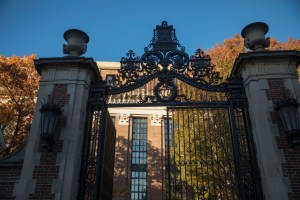
-
Science & Tech
Eye-popping arachnids
Harvard researchers examined mysteries of color in the spider species Phoroncidia rubroargentea.
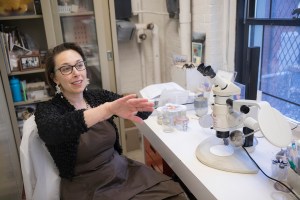
-
Health
Moving beyond the scientific nudge
In a study published in Nature Human Behavior, Harvard’s Michèle Lamont argues that if researchers want to capture a fuller picture of human behavior, they need a new approach that bridges the gap between sociology and cognitive psychology.

-
Science & Tech
Carbon consumers
Natural lab holds promise to transform understanding of deep-ocean carbon cycling, says Professor Peter Girguis.

-
Science & Tech
Choosing partners or rivals
A new study shows that in repeated interactions winning strategies involve either partners or rivals, but only partnership allows for cooperation.

-
Health
Research sheds light on how parents operate
In a new study, Harvard researchers describe how separate pools of neurons control individual aspects of parenting behavior in mice.

-
Science & Tech
Developing micron-sized magnetic resonance
Harvard scientists have developed a system that uses nitrogen-vacancy centers — atomic-scale impurities in diamonds — to read the nuclear magnetic resonance signals produced by samples as small as a single cell — and they did it on a shoestring budget using a 53-year-old, donated electromagnet.
